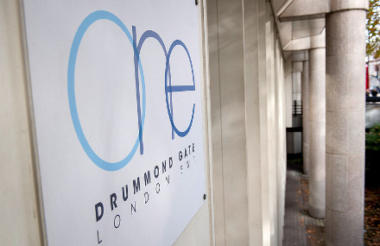Charity representative bodies say they are concerned about an emphasis on operational issues, as well as the criteria of media reporting, but welcome clarification on fraud and theft.
The regulator launched a consultation on updated draft guidance for reporting serious incidents in October. The deadline to submit a response was Thursday.
The commission said it hoped that by improving its guidance it would be able to raise awareness of the need to report a serious incident and included new checklists and tables of examples.
In a joint submission the Charity Finance Group and the Small Charities Coalition said: “We welcome clarity in areas such as fraud and theft where previously there has been confusion on the reporting duties of trustees.
But said that they were concerned about some areas “where the guidance seeks to focus more on operational matters which are not directly related to trustee fulfilling their legal obligations”.
They warn that: “It seems that the Charity Commission may be straying away from encouraging reporting on issues that could be seen to demonstrate a breach of a trustees’ legal duties towards reporting on the operational challenges which trustees face in achieving their charitable objectives.”
CFG and SCC say examples of this in the draft guidance include excessive focus on media reporting as a criteria for reporting an incident, loss of public funding or key delivery contracts, loss of banking services, and loss of charity funds due to legal/litigation cost incurred in a court case.
The joint submission also warned of concerns that “in some instances reports or information is being asked for which is disproportionate for charities to comply with”. It said that this is particularly relevant where the Commission wants charities to report “where someone within or closely connected to the charity, or one of your delivery partners, is placed on a UK or international terrorist list”.
The submission calls for clarification on two parts of the guidance. These are in in relation to unverified ‘significant’ donations where the umbrella bodies state that trustees should only report if the donation cannot be verified, rather than being unverified on receipt.
The second point is in relation to the statement that trustees should report to the Charity Commission if they are unsure about whether an incident is serious. They state concerns of over-reporting, and ask for clarification that, for example, “trustees should always report whether there are grounds to suspect that governance may have failed or legal duties have been breached”.
NCVO submission
NCVO also submitted a separate response where it agreed with the Commission’s suggestions on removing the need to report as serious incident issues that are already required in the Annual Return, and the inclusion of the new examples in the guidance around incidents of significant financial loss.
Speaking on the criteria of media reporting, NCVO said it is not appropriate as a standalone criteria. It said: “In our view, media reporting should be a factor for trustees to consider, together with risks to the charity’s reputation, but ultimately a report should be made if the incident has occurred rather than alleged.”
NCVO also said that although it agrees with the commission’s guidance on timely reporting, it is “concerned that the new guidance fails to recognise that trustees might need some time to gather information to establish the facts following an allegation or incident before reporting”.
Related articles











